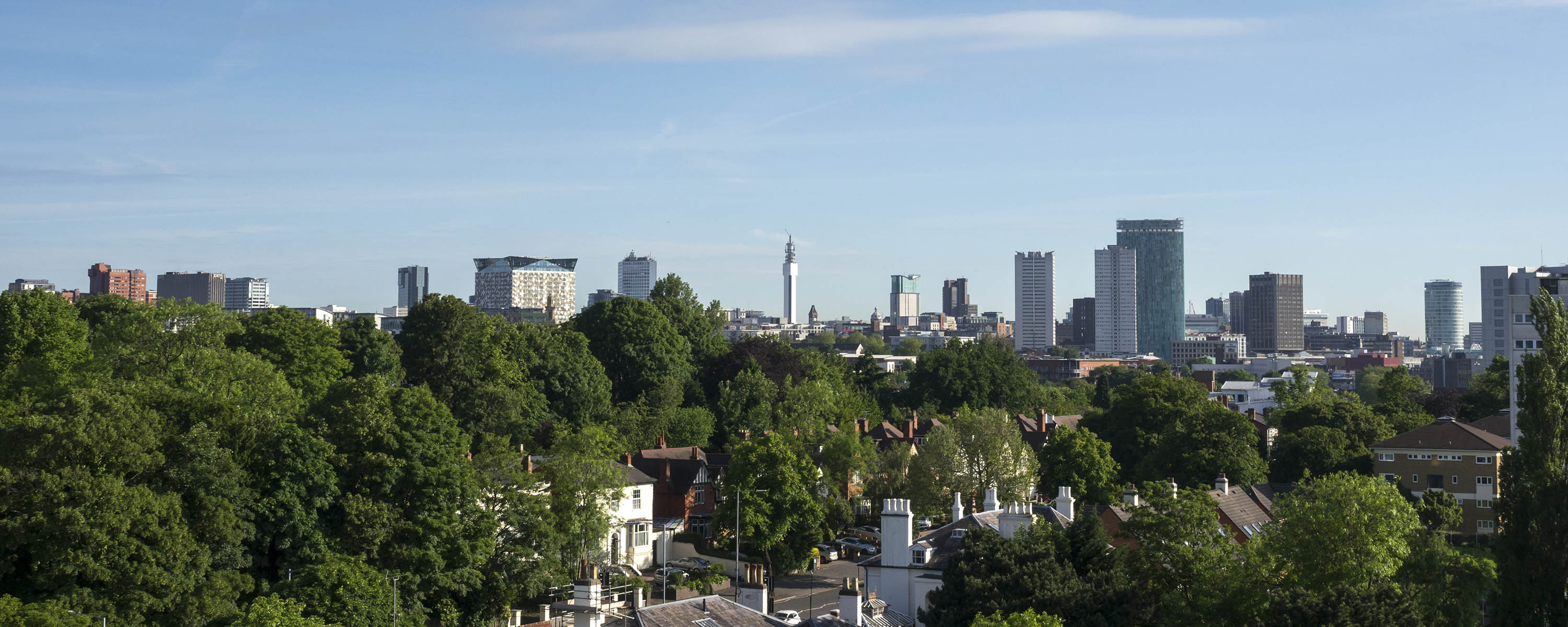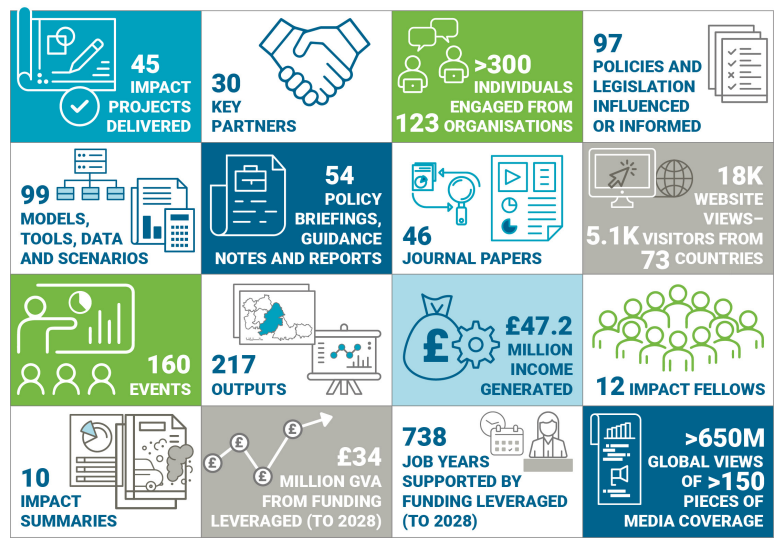
Impact Case Studies
WM-Air has been working with a number of external partners on air quality impact case studies.
A summary of some of our key impact projects can be found in the WM-Air Impact Summaries which can be downloaded below:
- Developing best practice for local authorities on the use of low-cost sensors networks for air quality >>
- Sooty Skies: Identifying the sources of fine particulate matter (PM2.5) in the West Midlands >>
- Street-scale resolution air quality modelling for the West Midlands >>
- Mapping climate risk and vulnerability for the West Midlands >>
- AQ-LAT: Providing Air Quality health and economic impact evidence for the West Midlands >>
- Air Quality Policy Evaluation Toolkit (AQ-PET): Evaluating Birmingham’s Clean Air Zone (CAZ) >>
- Improving Air Quality for the People of the West Midlands >>
- Improving Air Quality for 1.5m visitors to the Birmingham 2022 Commonwealth Games >>
- Greening the Game: Improving Air Quality and Reducing Emissions from Football-Related Travel >>
- Air Pollution Awareness: WM-Air’s Impact through Public Engagement and Educational Resources >>
